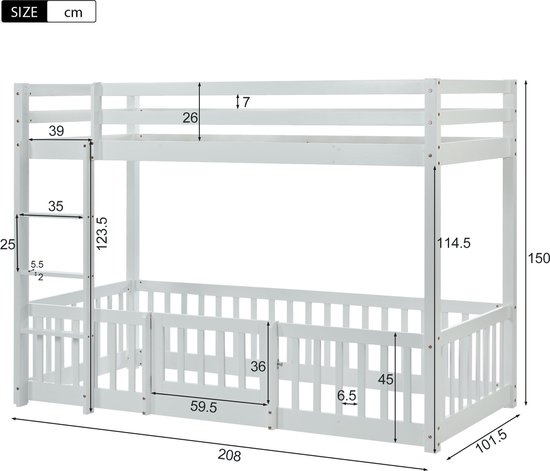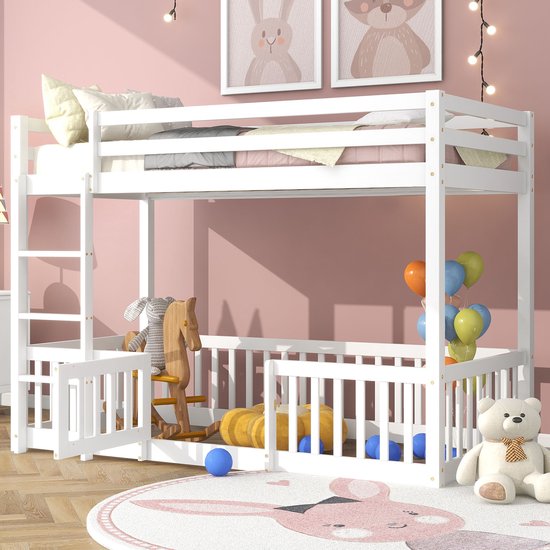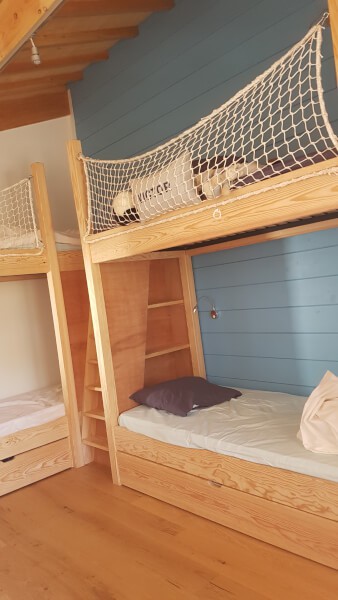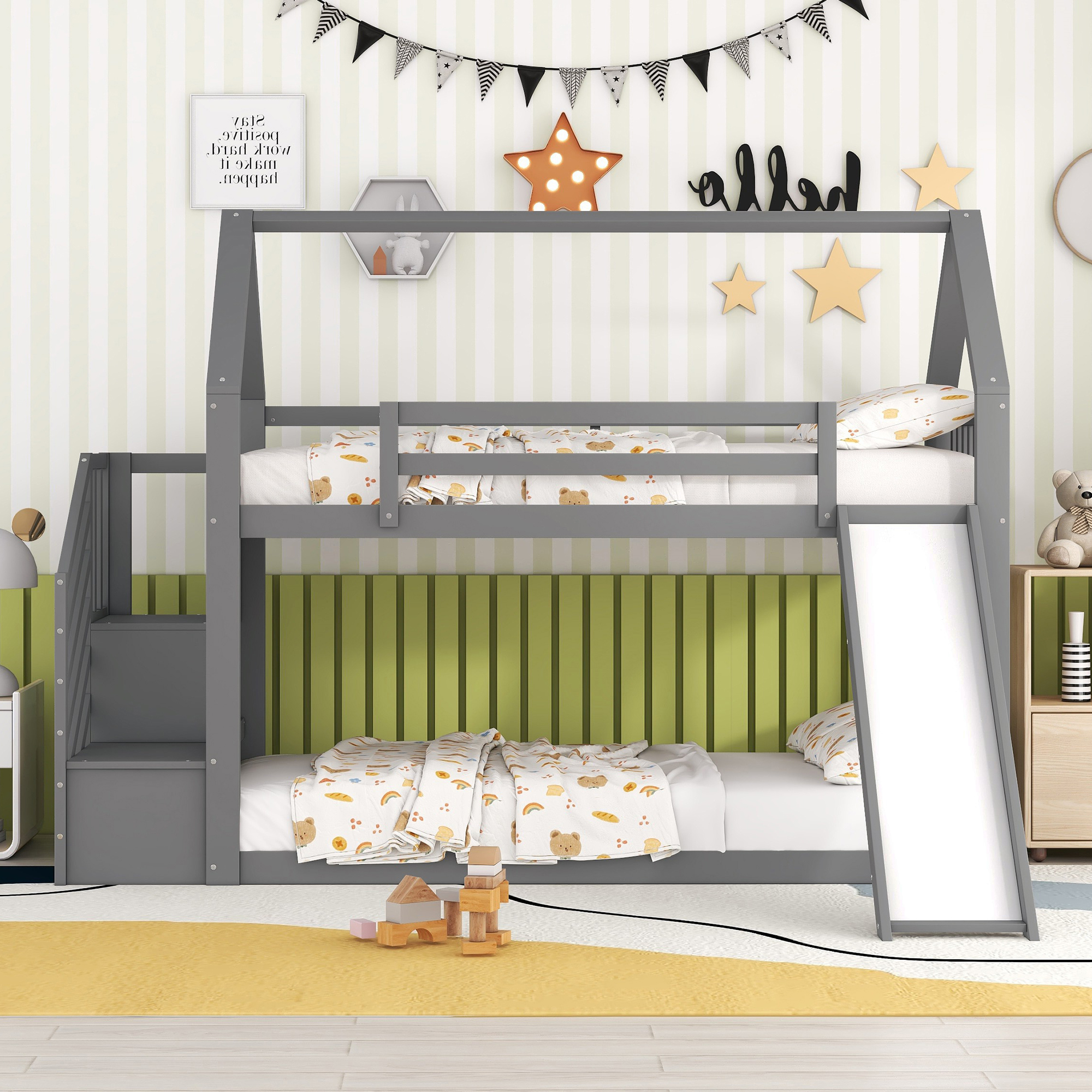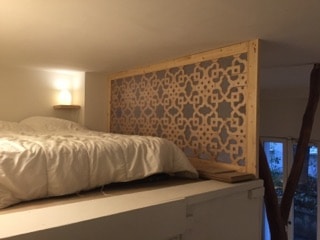
Lit D'enfant en Bois Massif avec Garde-corps, Lit D'enfant À Épissure Large, Sommier À Matelas, Echelle D'escalade pour Lit Simple, pour Garçons Filles Chambres D'enfants Côté Lit, Blanc ( Color : Sty :
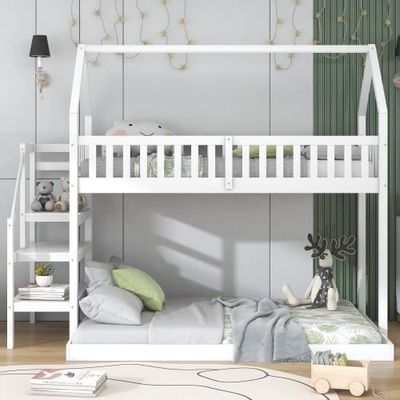
WEEYIN Lit superposé- lit cabane avec escalier- lit enfant avec protection antichute et garde-corps, cadre en pin, blanc (90x200cm) - Cdiscount Maison

WEEYIN lit superposé enfant avec protection antichute et garde-corps-cabane avec escalier et fenêtre,blanc + jaune (90x200cm) - Cdiscount Maison
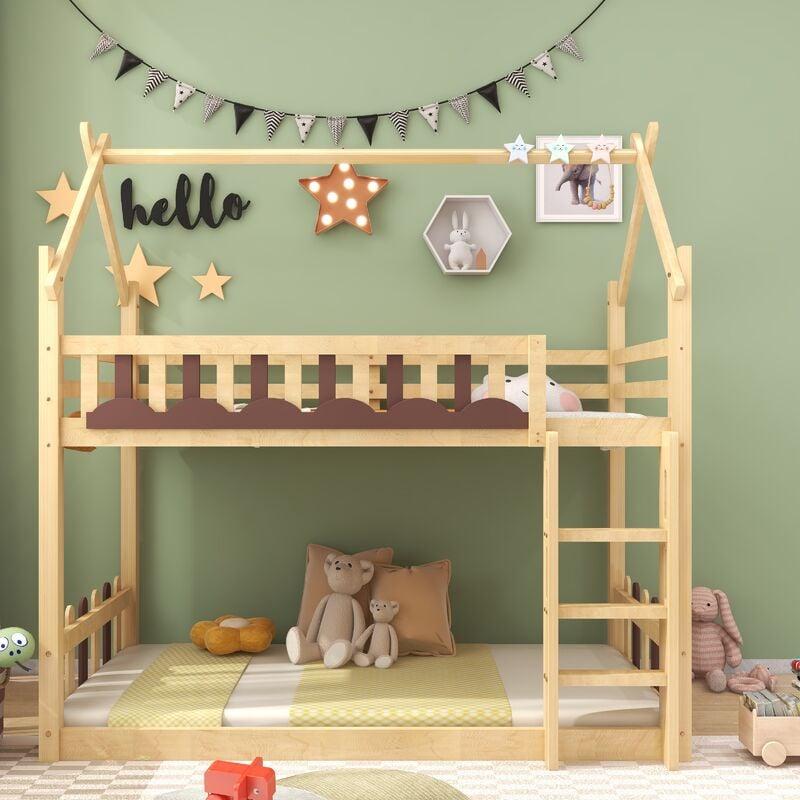
MERAX - LIT SUPERPOSÉ, LIT CABANE AVEC ESCALIER ET CLTURES, PROTECTION ANTICHUTE ET GARDE-CORPS, CADRE EN PIN, POUR ENFANT, COULEUR CHÊNE Comparer les prix de MERAX - LIT SUPERPOSÉ, LIT CABANE AVEC

Lit superposé blanc pour enfants, avec lumière, garde-corps de luxe, meubles de chambre à coucher, grand espace de rangement, lit en bois massif pour filles | AliExpress

smartwood Lit Enfant avec Garde-Corps Puzzle BR1 lit avec sommier à Lattes - Meubles de Chambre d'enfant - lit Enfant avec Barriere - différentes Variantes - Blanc - 80x180cm : Amazon.fr: Jeux et Jouets

Luk - lit simple 160x80 avec graphisme pour enfants, dans un ensemble avec garde-corps, matelas et cadre

Lit en bois pour tout-petits Costway, meuble de chambre à coucher avec garde -corps | Walmart Canada

Lit superposé en bois avec bibliothèque et échelle de garde-corps, chambre d'enfant, HU10042ES + | AliExpress
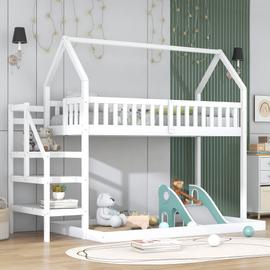
Lit Superposé, Lit Cabane avec Escalier, Lit d'Enfant avec Protection Antichute et Garde-Corps, Cadre en Pin, Blanc (90x200cm) | Rakuten

KOTEK Lit superposé double sur deux places, cadre de lit superposé en bois d'hévéa massif avec échelle et garde-corps, lits superposés amovibles très résistants pour enfants, adolescents, adultes (blanc) : Amazon.ca: Maison
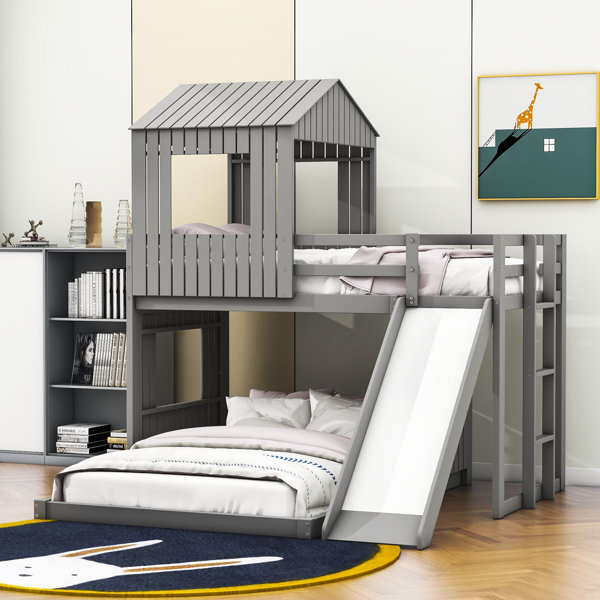
Harper Orchard Lits simples superposés en L en bois avec glissières et garde -corps - Wayfair Canada


